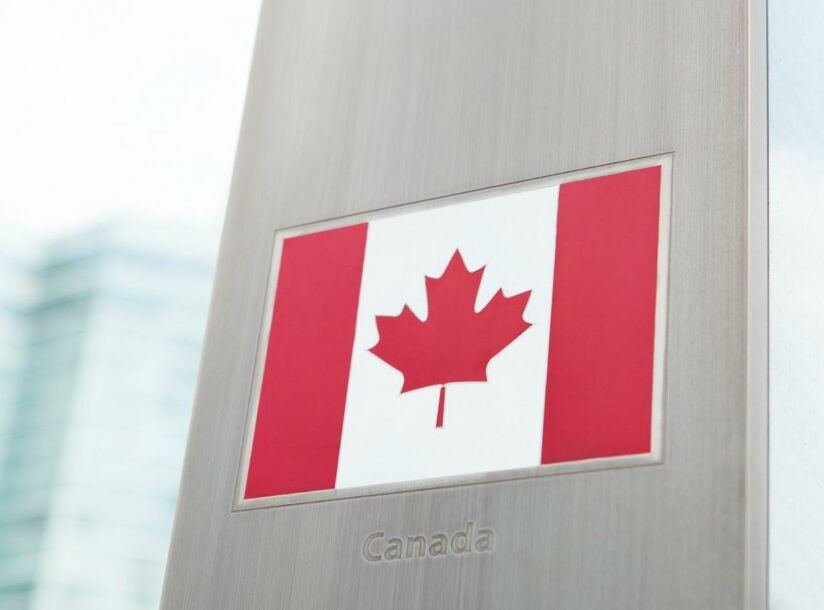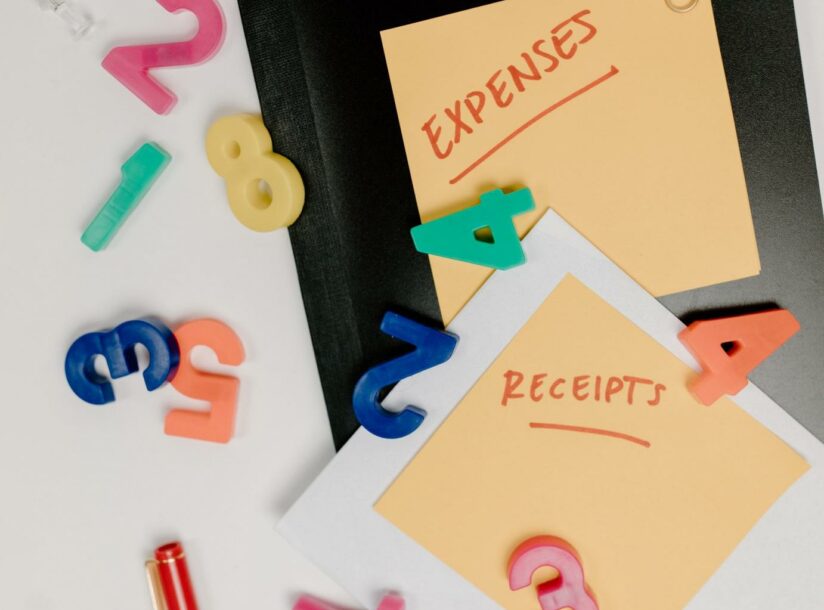4 Reasons You Can Be Rejected For a Loan Even With a Good Credit Score

Reaching and maintaining a good credit score is a goal that more and more people are chasing these days. Access to our credit scores are everywhere and there’s a strong push to understand how your credit score is calculated, how to improve it and how valuable it is.

Debt advisors and Licensed Insolvency Trustees are constantly running into clients who are clearly in need of debt help but won’t consider the idea of filing for a Consumer Proposal or Personal Bankruptcy because of the impact it will have on their credit score.
But here’s the thing most people don’t understand—just because you have a good (or even great!) credit score doesn’t mean you will get approved for a credit card or loan. Lenders look at a variety of factors to determine your creditworthiness.
Yes, having excellent credit makes it significantly easier to get approved for loans and credit cards—and with the best rates and terms but like we said, your credit score is just one part of it. Here are four reasons why you might get rejected, even though you have a good score:
1. Existing Debt
Your creditworthiness is how likely you will be able to repay the money that you borrow. To help determine this, your total outstanding debt will also be assessed. It’s very possible to have a good Credit Score and still give lenders concern due to your outstanding debts.
Potential lenders will consider the ratio of your debt to your existing income (debt to earnings ratio) to see whether you can comfortably meet the agreed repayment terms. If there’s concern that the loan or credit you’re applying for will strain you due to your current debt servicing commitments, they will decline your application.
Having a good Credit Score is not enough to be approved for new credit and some lenders may ask you to pay off your existing debts before approving you for a new loan.
2. No Saving or Cash Assets
Lenders sometimes want to see that you have savings or other cash available in your bank account. Showing that you have money set aside assures lenders that you can make your loan payment even if an unexpected expense or emergency comes up.
3. Insufficient Income
Income isn’t factored into your credit score, but some lenders do have minimum income requirements. Earning less than the minimum could signal to a lender that you may have a difficult time covering a new debt payment.
4. Employment History
A short or unstable employment history can be a cause for concern to lenders. Some lenders may require that you’ve been steadily employed for at least two years and may want to verify your employment before approving your loan application.
The bottom line is that no one is guaranteed a successful credit application, regardless of how sky-high their Credit Score might be and maintaining your high credit score should not be a reason to rule out filing for a Consumer Proposal or Bankruptcy with a Licensed Insolvency Trustee.
Though it can be stressful to see your credit score drop while in consumer proposal, there are actions you can take to begin to repair it during the process. Reach out to Smythe Insolvency today and we can help you fully understand your debt relief options. By understanding your options and taking proactive measures, you’ll be well on your way to a brighter financial future.


